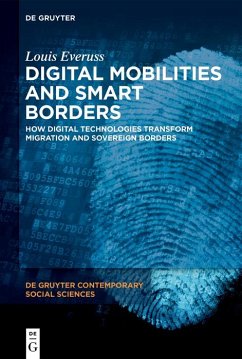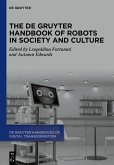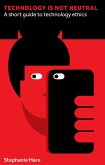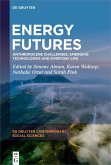Some of the core bordering and travel transitions prompted by digitisation that are examined in Digital Mobilities include the spatial and temporal reorganisation of borders; the algorithmic assessment of travellers as 'data doubles'; the reformulation of border agency, or who or what performs the border; the digital augmentation of international travel; and the new tensions and conflicts arising between smart borders and digital mobilities. Understanding these transitions is essential for policy makers, advocates, and members of the public to comprehend both the exceptional opportunities and monumental risks posed by the embedding of digital technologies into borders and travel.
Dr Louis Everuss - a Research Associate and Coordinator of the Hawke EU Jean Monnet Centre of Excellence at the University of South Australia. His primary research interests are located in the sociological study of migration, globalization, digitisation and sovereignty. Recently his work has sought to develop new conceptions of state sovereignty that take account of the constitutive nature of mobilities. His work has been published or accepted for publication in highly regarded scholarly journals, including Political Geography, Applied Mobilities, Borderlands: Culture, Politics, Law and Earth, and the Journal of Sociology.
Dieser Download kann aus rechtlichen Gründen nur mit Rechnungsadresse in A, B, BG, CY, CZ, D, DK, EW, E, FIN, F, GR, HR, H, IRL, I, LT, L, LR, M, NL, PL, P, R, S, SLO, SK ausgeliefert werden.









